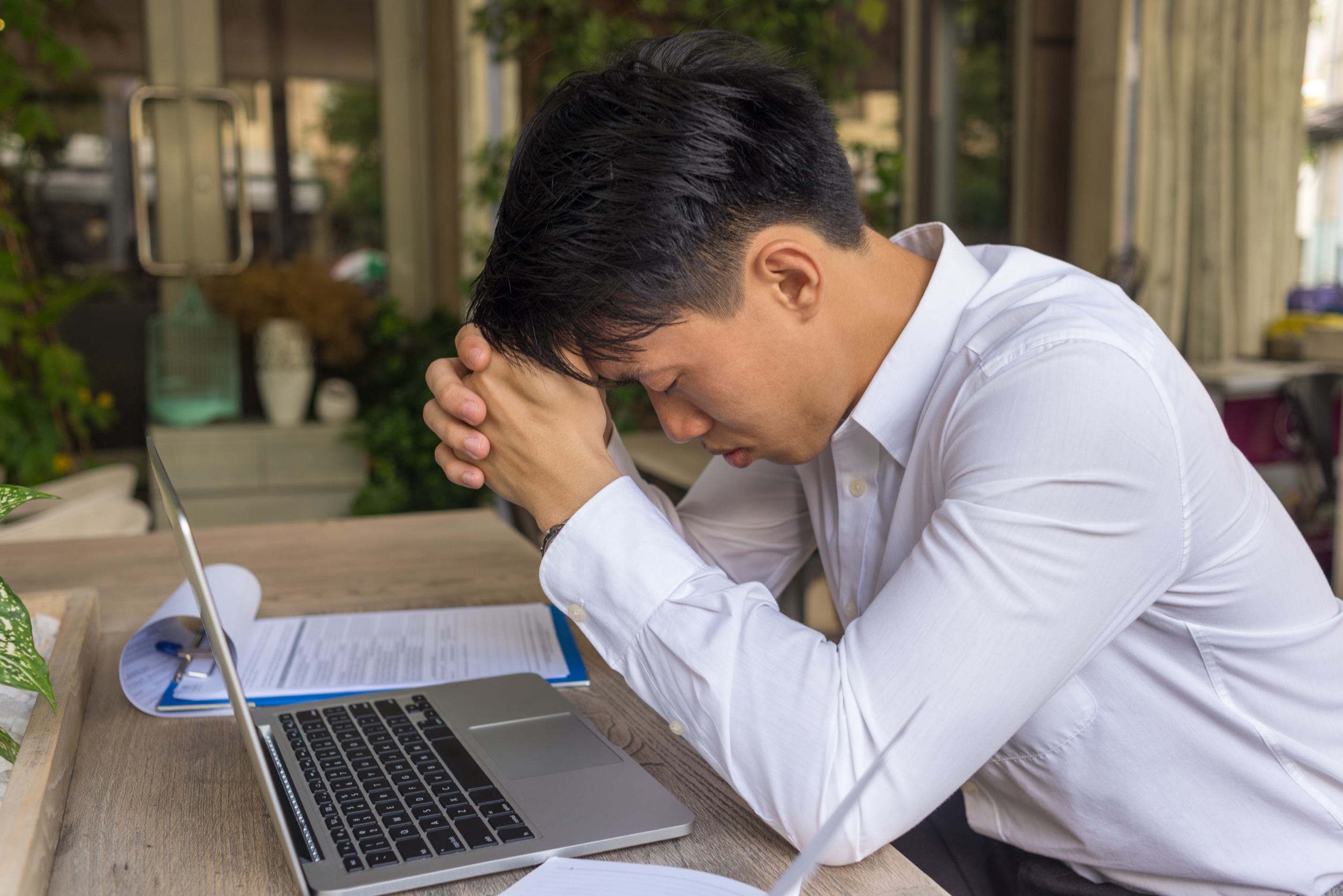New measures to help parents in Singapore improve work-life balance

Singapore’s Parliament is considering the merits of a bill that, if passed, will double government-paid paternity leave from two to four weeks. Effective 1 January 2024, the bill will also see unpaid infant care leave increased from six to 12 days.
Sun Xueling, Minister of State for Social and Family Development, stressed the importance of these changes during the bill’s second reading. She highlighted that over half of fathers in Singapore already take paternity leave, and the extended leave aims to further engage fathers in their children’s upbringing, fostering better physical, cognitive, and emotional development.
One of the notable changes proposed in the bill is the doubling of the Government-Paid Paternity Benefit from the existing 14 days to 28 days of an eligible father’s total income. For fathers who cannot qualify for paternity leave under the Child Development Co-Savings Act due to their employment arrangements, they may be eligible for the enhanced Government-Paid Paternity Benefit, which is a cash benefit provided instead of paternity leave.
The bill also aims to double the limits for government payments for eligible self-employed fathers, compensating for their loss of income when they cease work to care for their children.
Sun said, “This bill will strengthen our support for parents in managing their work and family commitments, as well as encourage greater shared parental responsibility in caregiving.”
READ MORE: Singapore enhances workforce inclusion and training support
Thus far, 13 Members of Parliament have contributed to the ongoing debate on the bill. Their suggestions span various aspects, from requesting provisions for childcare sick leave to advocating for equal sharing of childcare responsibilities among parents, as well as seeking more support for self-employed fathers and those in lower-wage jobs, reported The Straits Times.



